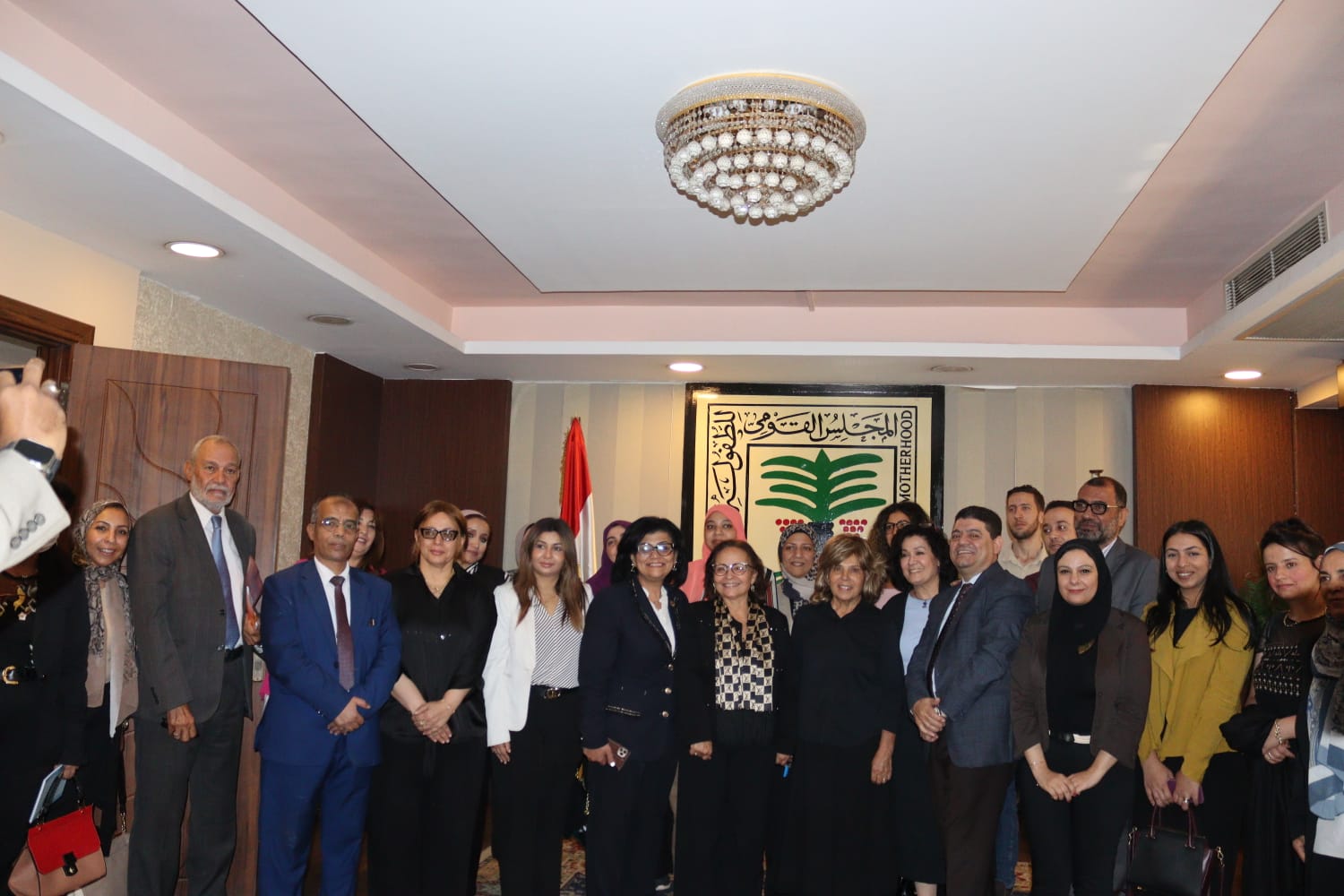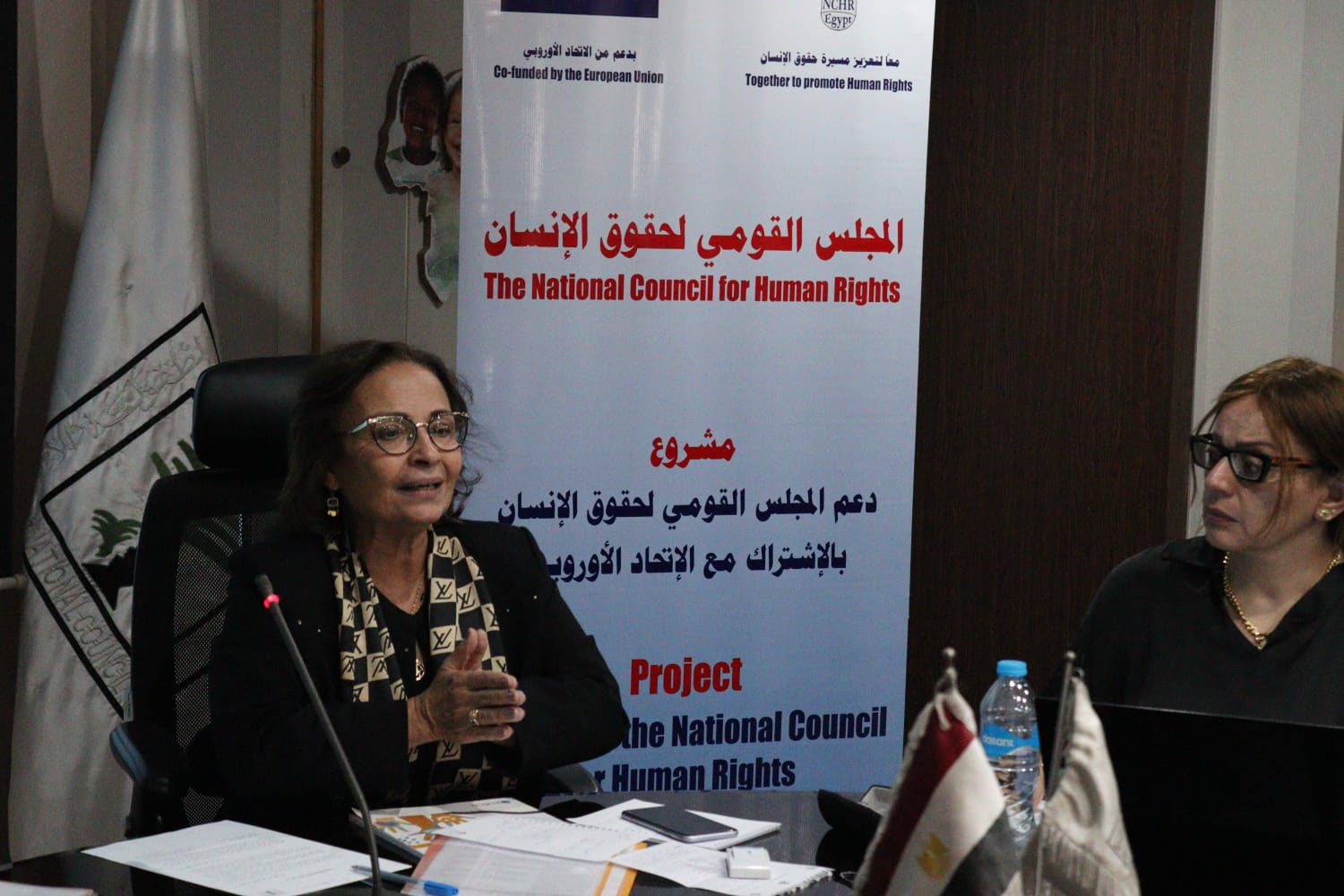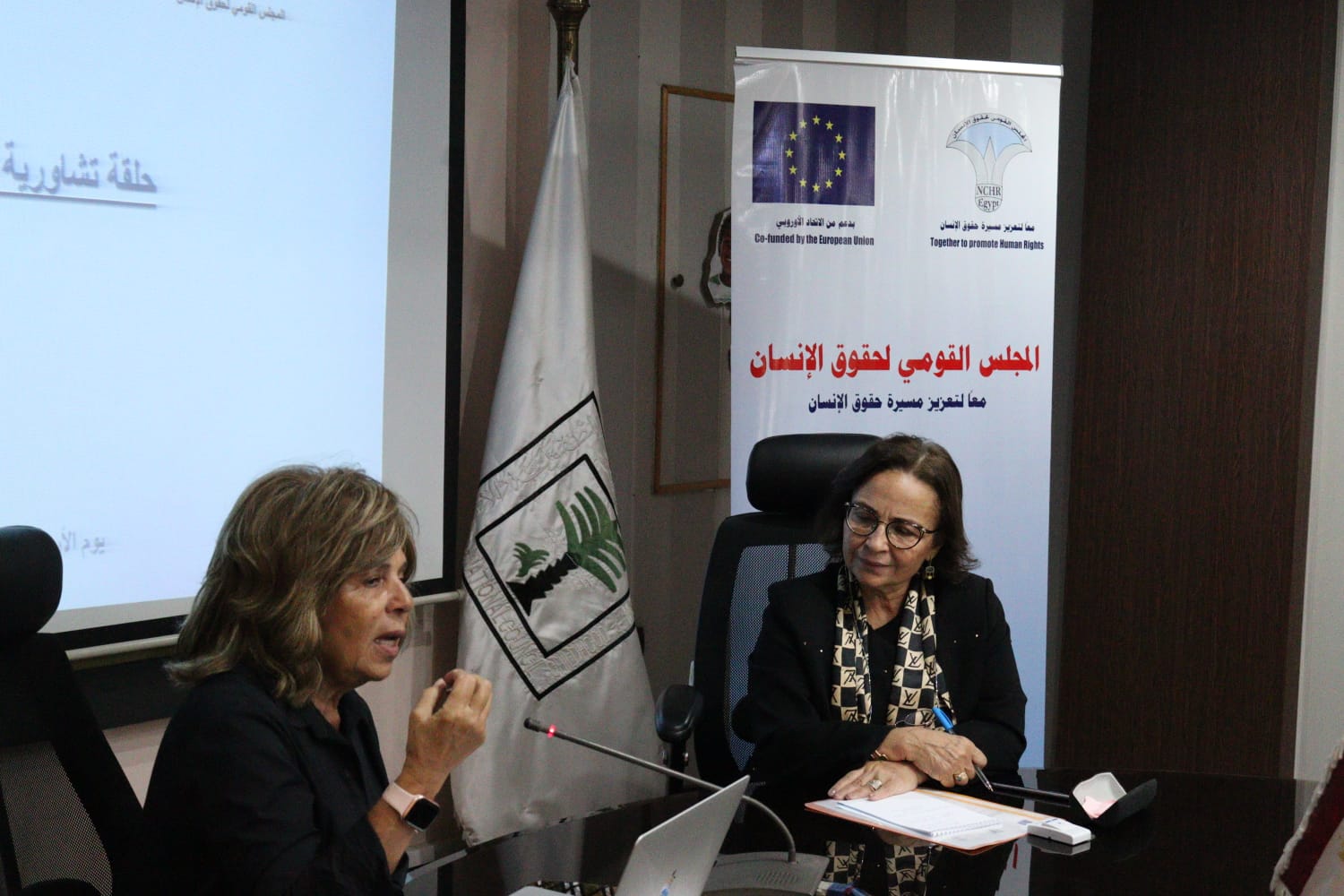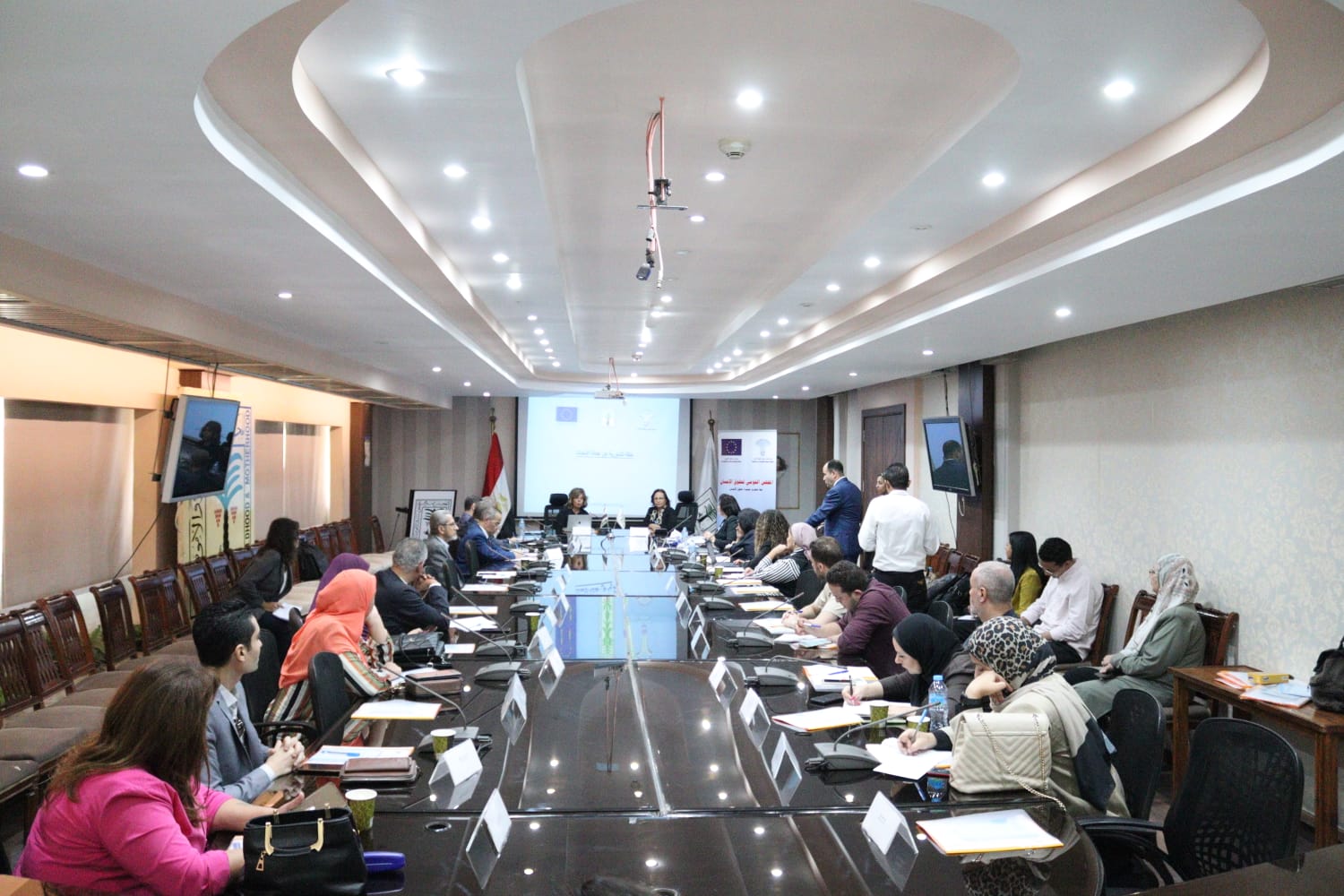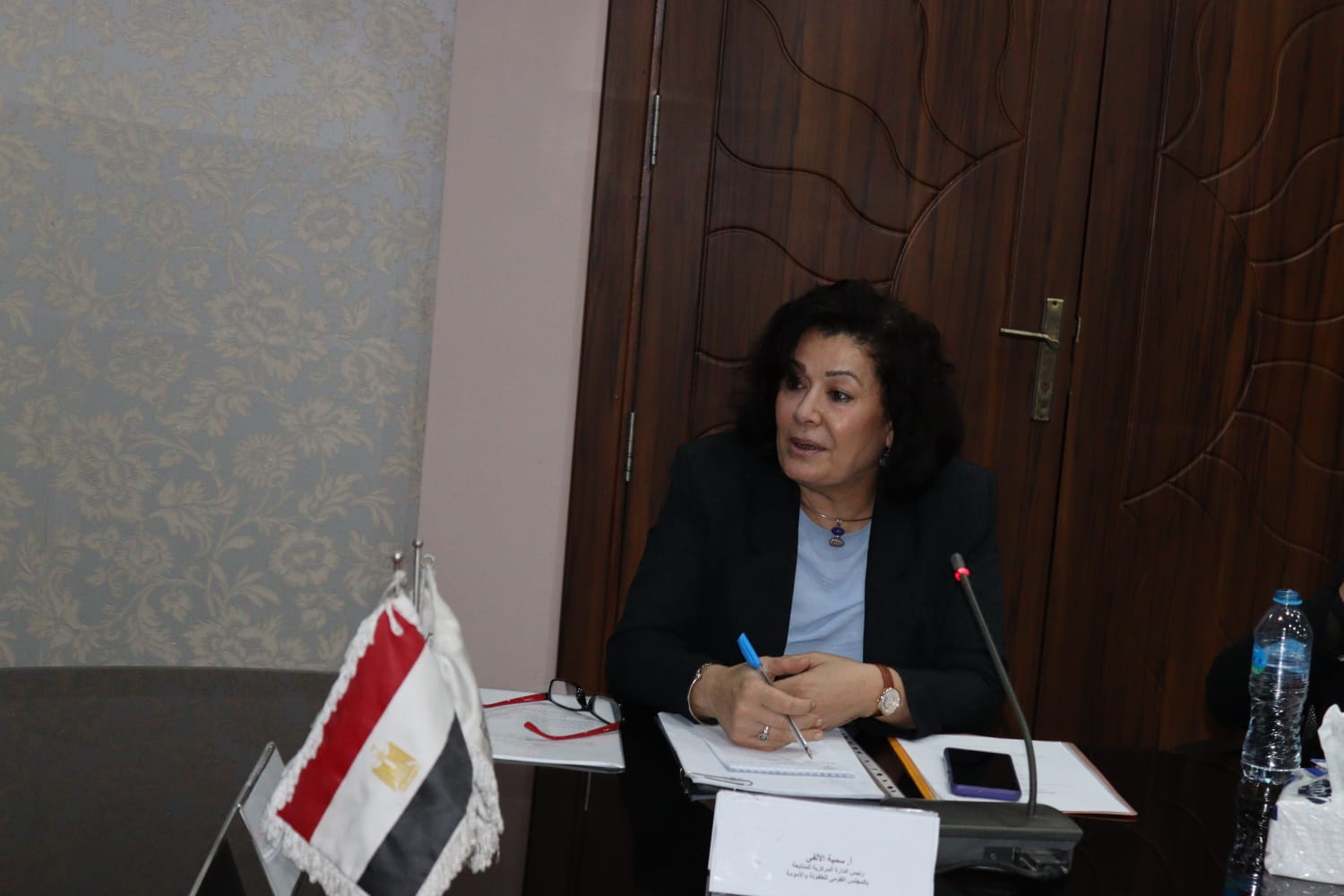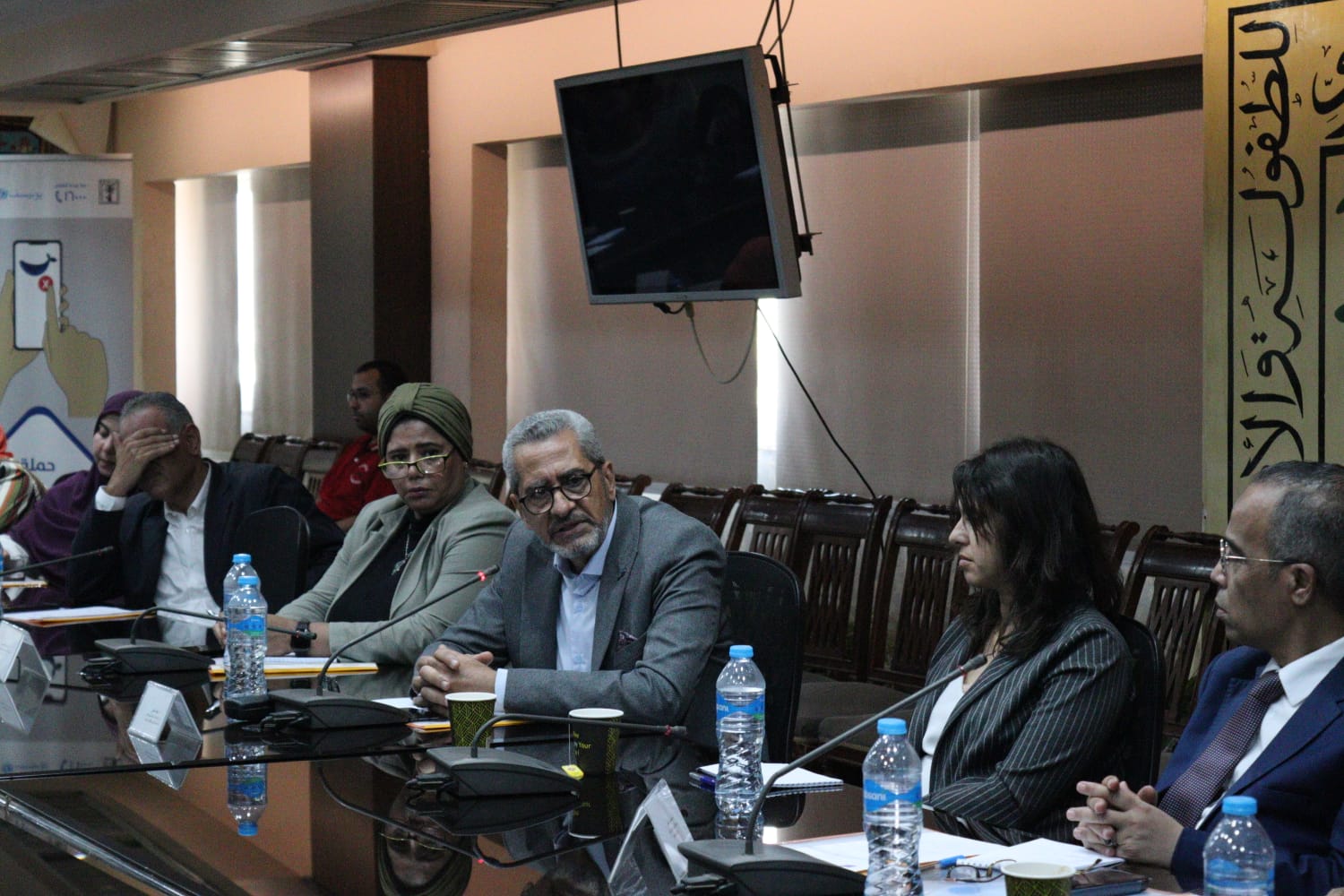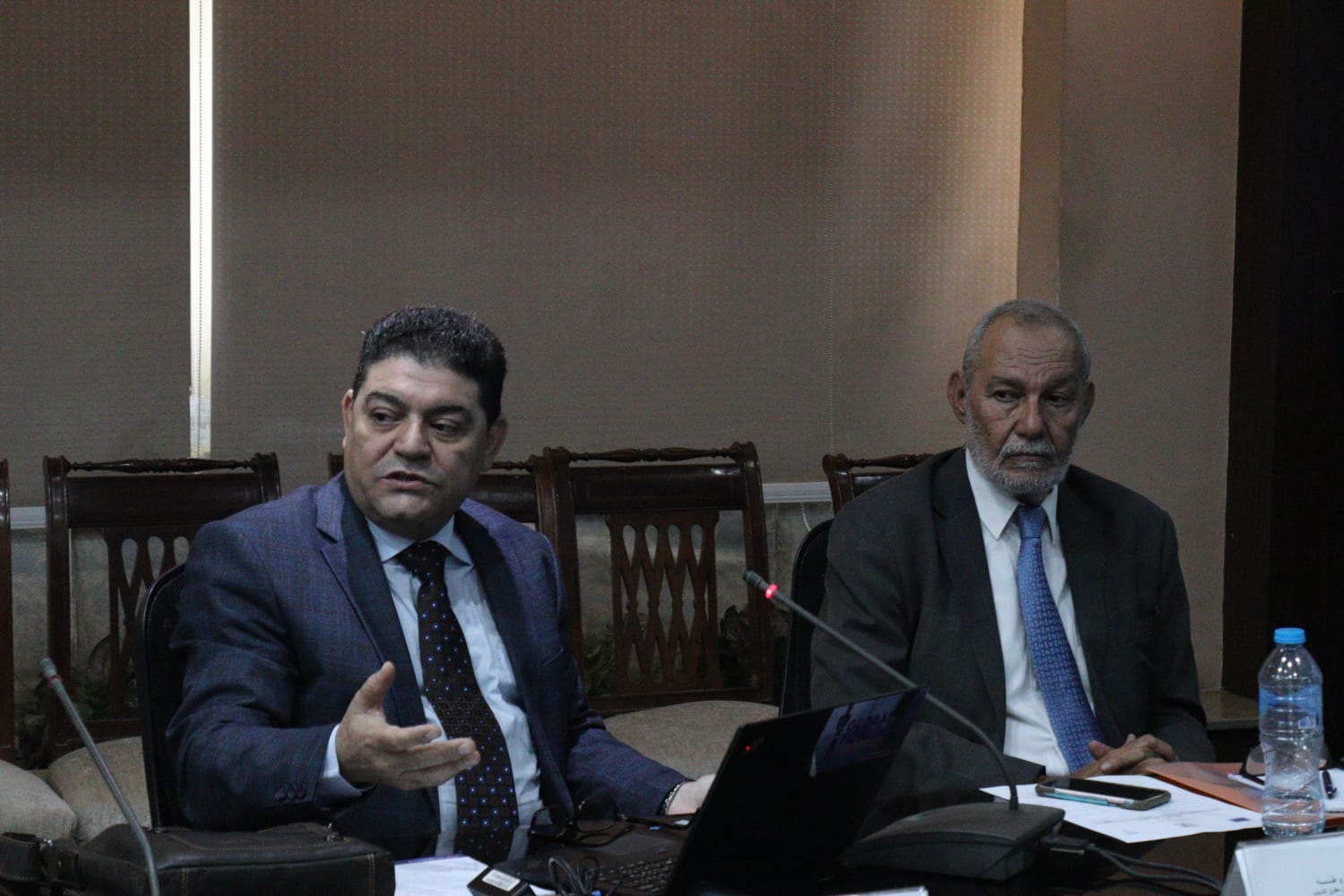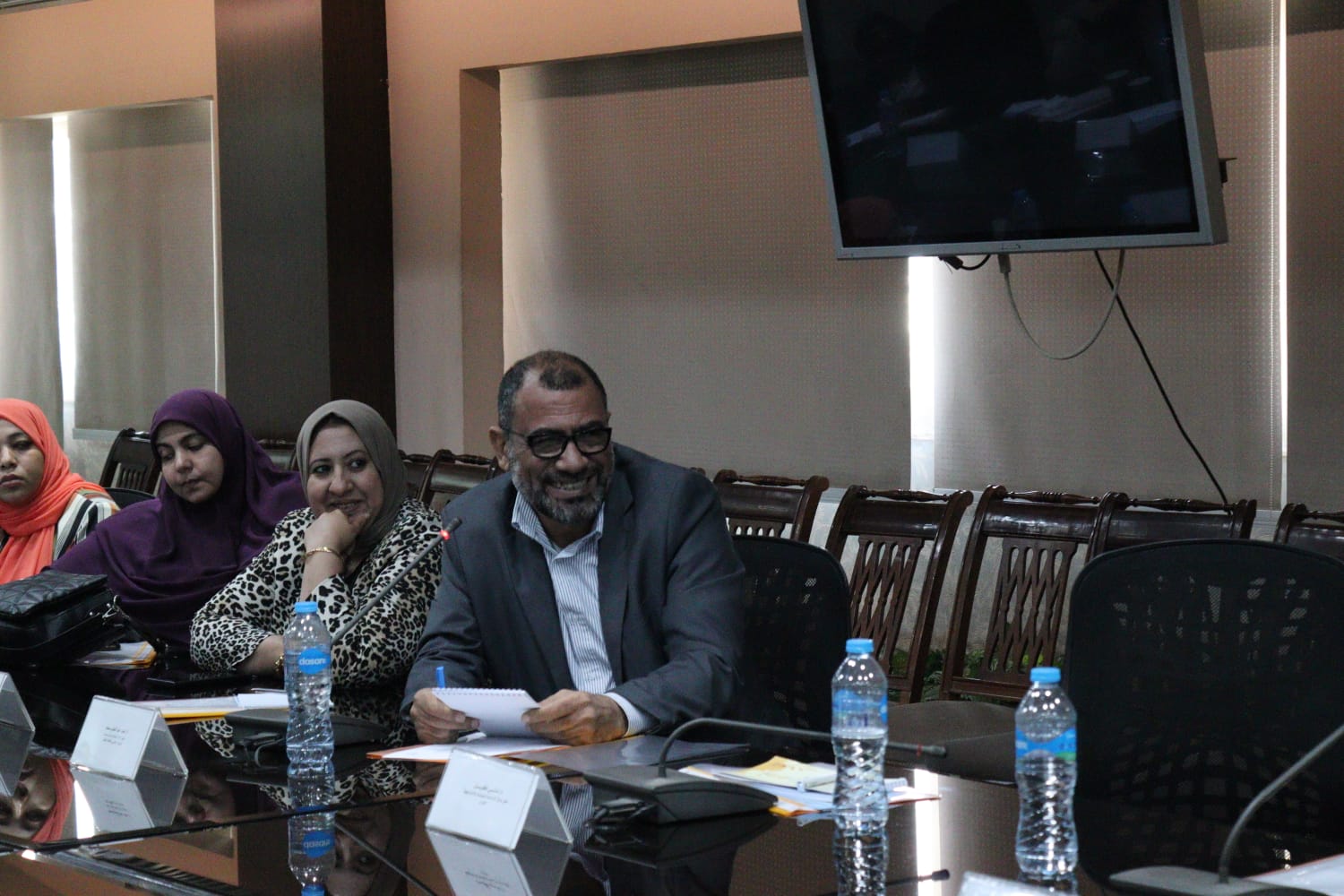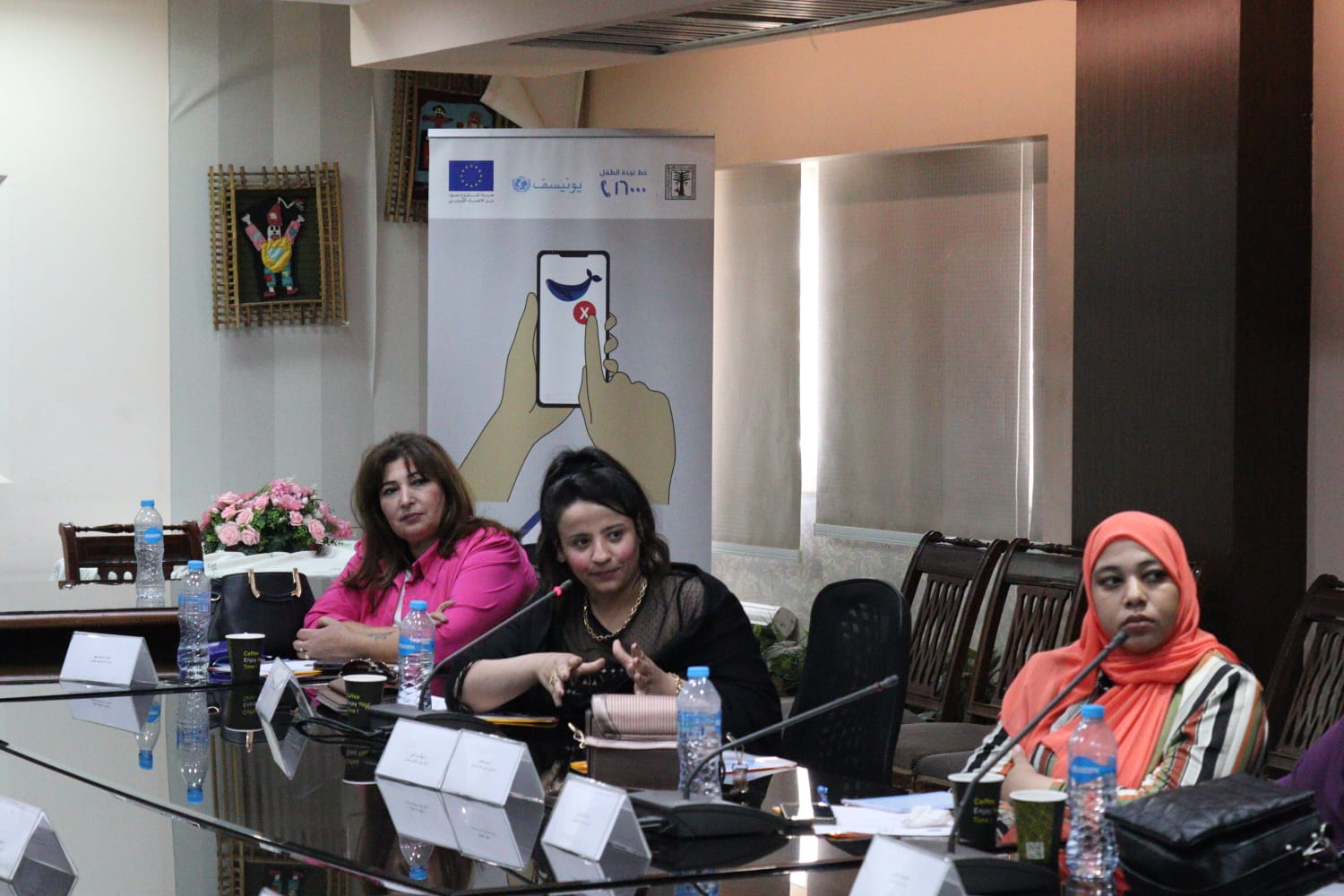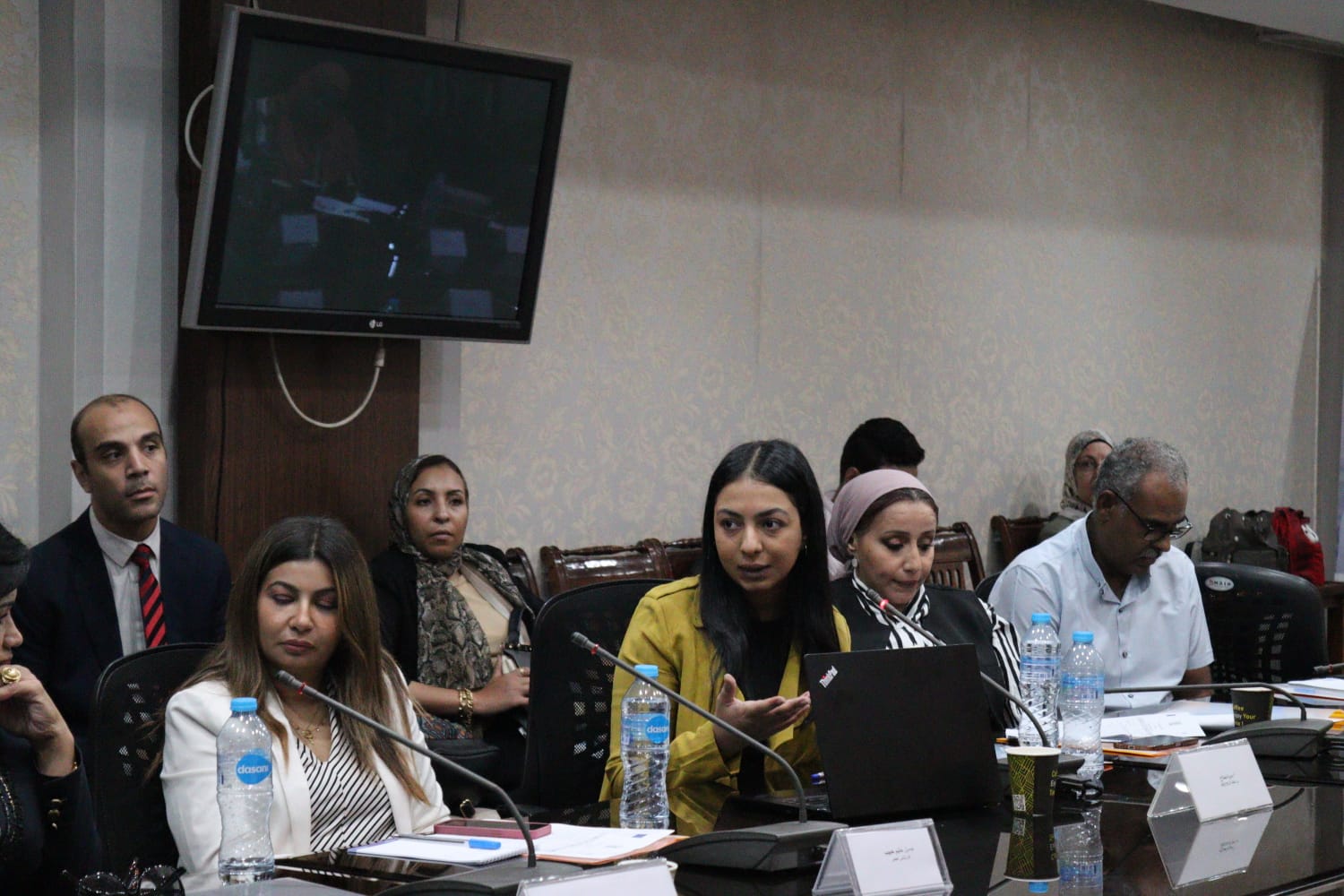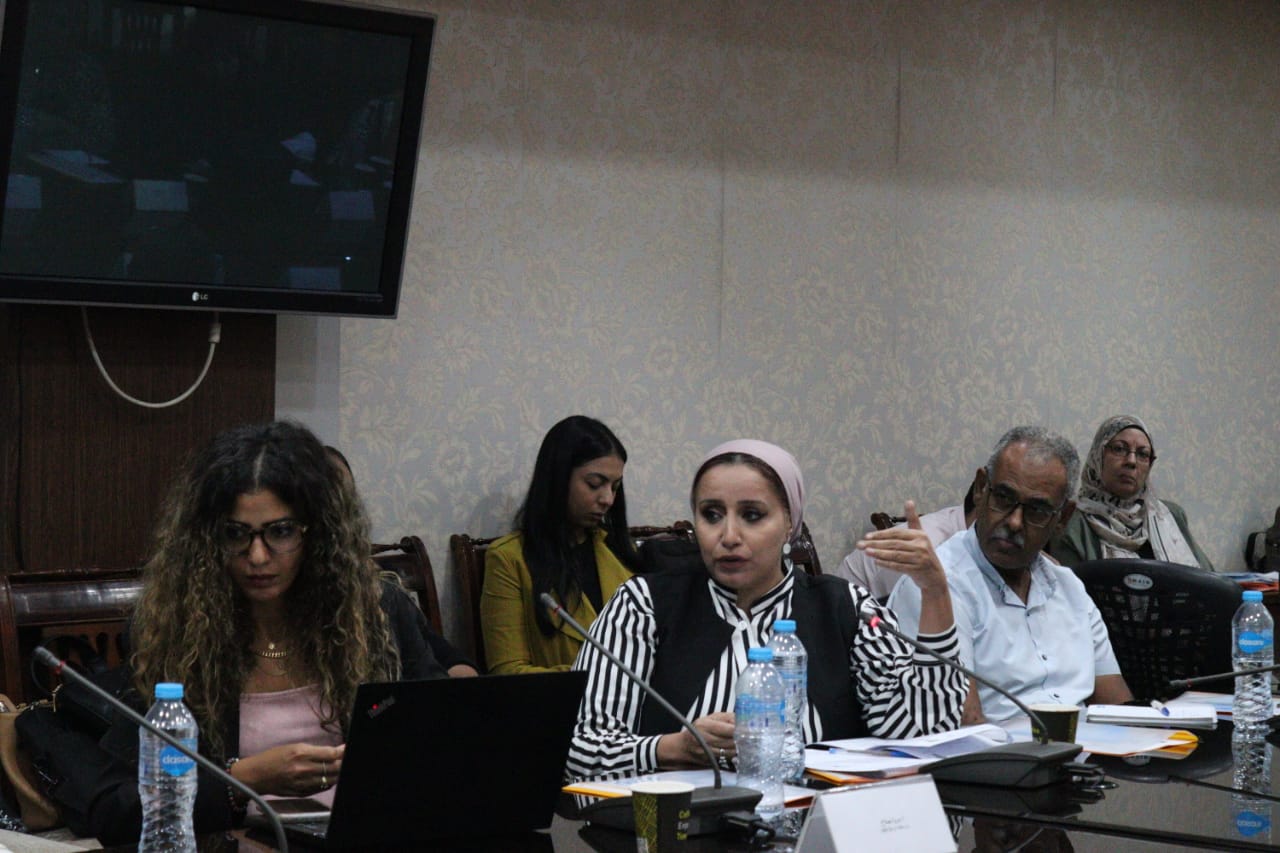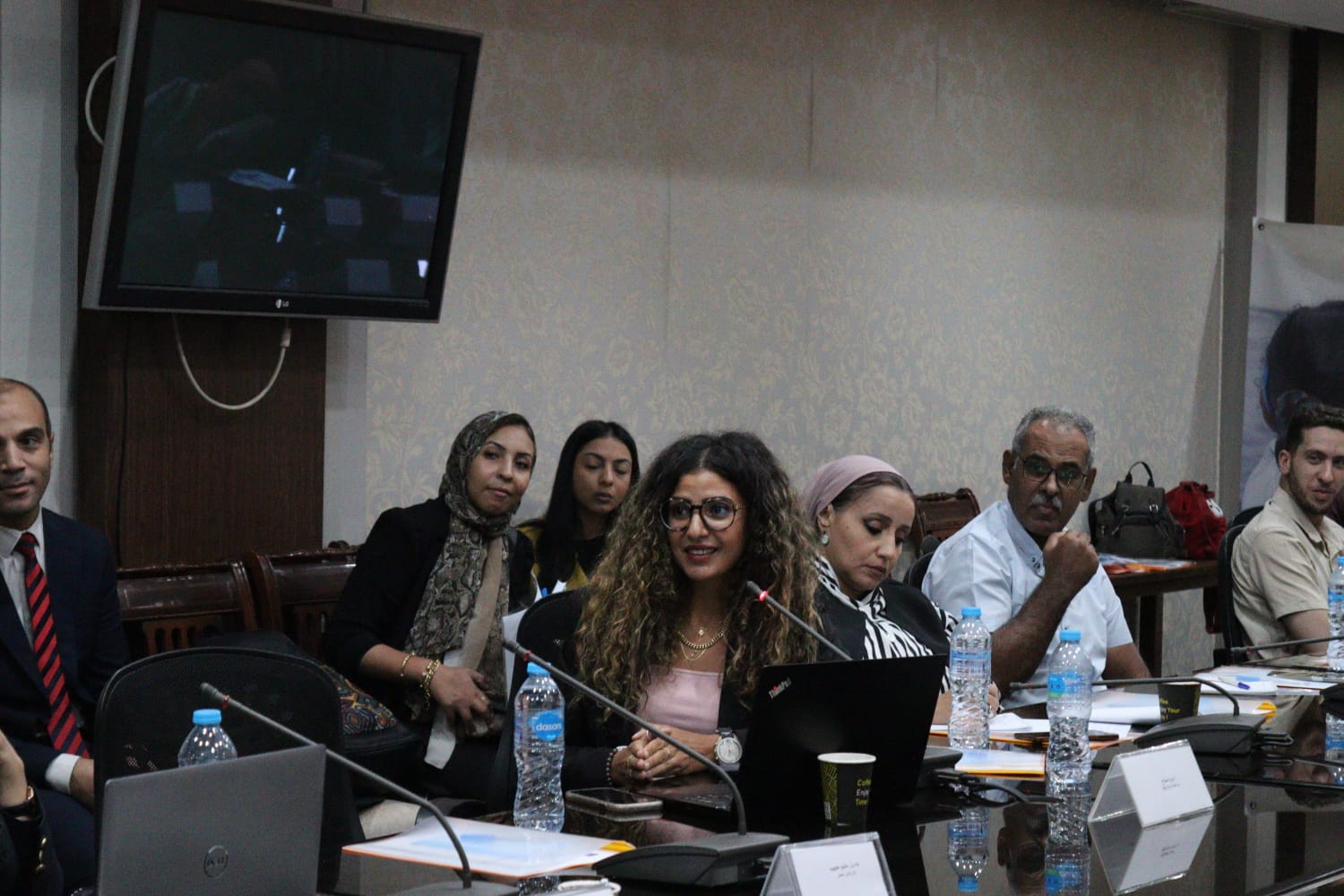"Childhood, Motherhood" and Human Rights hold a consultative session on children's justice
Today, the National Council for Childhood and Motherhood (NCCM) and the National Council for Human Rights (NCHR) held a consultative session on justice for children to discuss ways to activate a child-friendly justice system and how to protect children in conflict with the law and protect their rights if they are brought before judicial authorities within the framework of ensuring the best interest of the child.
This comes within the framework of the cooperation protocol concluded between NCCM and NCHR to support the juvenile justice file, with the support of the European Union.
This came in the presence of representatives from the relevant government agencies, such as the Ministry of Education, the Ministry of Culture, the National Media Authority, the National Center for Child Culture, as well as UNICEF, the International Labor Organization, directors and representatives of the Child Protection Committees in the Sharkia, Giza and Cairo governorates, Professor Hani Helal, child rights expert and head of the Association for the Advancement of Childhood Conditions, and Professor Manal Mahi Al-Jamil, former member of the House of Representatives and director of the Al Qurah Development Foundation, and experts in this field
Dr. Nevin Othman, Secretary-General of NCCM, expressed her happiness in cooperating with NCHR, thanking and appreciating Ambassador Moushira Khattab for her tireless efforts and interest in the file of children’s rights in Egypt. During her speech, Othman stressed the importance of the child justice file, which NCCM has placed on its priority agenda because of its special importance in supporting children in conflict with the law, rehabilitating them again, and integrating them into society, while providing alternative measures to detention and means of punishment, taking into account Protecting the rights of children deprived of their liberty.
Othman added that there is movement and change in this file thanks to the interest of the state and political leadership in supporting children’s rights, as children represent the largest segment of Egyptian society, praising the important and pivotal role played by the Child Protection Office in the Office of the Counselor and Attorney General in this regard, as well as The important role of the Ministry of Interior and their cooperation in all cases that come to the child helpline 16000, as well as the efforts made by the Ministry of Justice to ensure the protection of the rights of the child during the period of his compliance with legal procedures, stressing the necessity of concerted all efforts to achieve the best interest of the child.
Othman pointed out the role entrusted to NCCM, which is coordination between all concerned parties, whether governmental and civil society in the private and international sectors, as well as continuous monitoring, follow-up and evaluation, preparing policies, strategies and policy papers, with the need to raise awareness of children’s rights, especially children in conflict with the law.
For her part, Ambassador Moushira Khattab stressed the importance of investing in children as it achieves the highest return, pointing out that early intervention to protect families at risk protects their children from falling into conflict with the law, supports community peace and security, and supports the role of the agencies responsible for enforcing human rights. She affirmed the right of children in conflict with the law to obtain the right to good quality education as one of the tools to protect children from exploitation. It is considered the most important challenge that Egyptian society suffers from, which results in child labor, especially in the most needy families, and directly affects national security and justice for children.
Khattab stated that a child in conflict with the law is viewed as a criminal, but he is a victim of the circumstances of his upbringing. She called for amending the Children’s Law to be in line with developments, noting that Egypt was one of the first countries to ratify the International Convention on the Rights of the Child.
In the context of justice for children in conflict with the law, she highlighted the need for children and youth to receive quality education throughout their period of inclusion in the child justice system. Khattab stressed the need to provide good-quality education within detention facilities or alternative care arrangements, to enable them to continue their studies and acquire knowledge and skills necessary for their personal development and successful reintegration into society, including early intervention measures for children below the minimum age of criminal responsibility.
Khattab pointed out the multiple systems for the minimum age for criminal responsibility in accordance with the requirements of children with disabilities, as several countries apply minimum age for criminal responsibility with the assumption that a child who reaches or exceeds the minimum age but is below the upper age lacks criminal responsibility unless proven to be of sufficient maturity. She stressed that it was initially designed as a preventive system, this has not been proven in practice and although there is some support for the idea of individual assessment of criminal responsibility, it has been noted that this is left to the discretion of the court and leads to discriminatory practices. She also stated that tates agreed to set an appropriate minimum age and ensure that this legal reform does not result in a regressive position with regard to the minimum age of criminal responsibility.





 English
English
 Arabic
Arabic
 French
French
